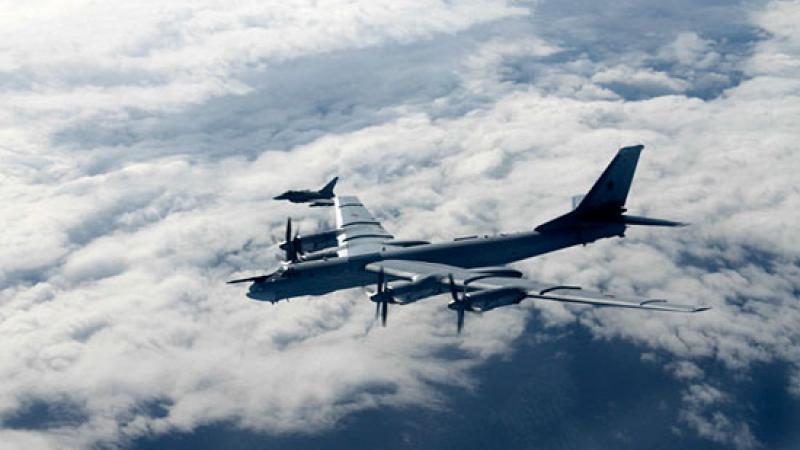Amid quiet presence of American military, violence ramps up in Colombia
The region is a "hotbed of violence" hosting guerilla groups that vie to control drug trafficking routes and other criminal activities.
As American troops maintain a quiet presence in Colombia, the government there grows increasingly embattled, while investigating attacks on the nation's president and on a military base where officials now say a U.S. soldier was wounded.
The region is a "hotbed of violence" hosting guerilla groups that vie to control drug trafficking routes into Venezuela, and other criminal activities, according to the authors of a recent report from the Center for Strategic and International Studies.
The U.S. Army last year sent an advisory team to Colombia to help quell the narcotics trade there, according to U.S. Southern Command (SOUTHCOM). The roughly 200 soldiers from the 1st Security Force Assistance Brigade (SFAB) were bolstered by troops from regular infantry. The soldiers' presence in Colombia has gone largely unnoticed by American civilians, even when two bombs were set off inside a compound in Cucuta, where soldiers were based.
An American soldier was injured in the blast, a SOUTHCOM official told Just the News.
"Following the June 15 bombing in Cucuta, one servicemember sustained only minor injuries," SOUTHCOM spokesman Jose Ruiz told Just the News. "After immediately assessing his condition, the service member determined his injuries did not require treatment by a physician. He administered self-aid and immediately returned to duty."
The U.S. Army has not yet decided whether to bestow on the soldier a Purple Heart that would designate being injured in action against a hostile or opposing armed force.
"Because the Colombian-led investigation of the June 15 bombing is ongoing, it is premature to speculate about future administrative actions or decisions that may be considered based on facts or findings associated with the bombing or its aftermath," Ruiz said.
But if the U.S. military has not alloted a designation that would signify a combat zone, Colombia continues to be rocked by violence.
A police station in Madrid was attacked by rioters Monday in what became an hours-long siege. Some 30 rioters set the station on fire, driving police to flee, according to local media. Similar outbreaks against police took place in other Colombian cities, including the capital, Bogota.
Unknown assailants fired last week at a helicopter that was carrying Colombian President Ivan Duque and several top government officials.
"It was a cowardly attack," Duque said in a statement. "As a government we are not going to falter for a single minute, not a single day, in the fight against drug trafficking, terrorism and against organized crime groups that operate in the country."
The violence flared two months ago, and comes in the aftermath of a now-withdrawn tax measure that angered protesters throughout Colombia.
The U.S. military will remain only in the counter-narcotic capacity, a SOUTHCOM official said. The SFAB team will focus on key areas, including intelligence capabilities, the official said.
















